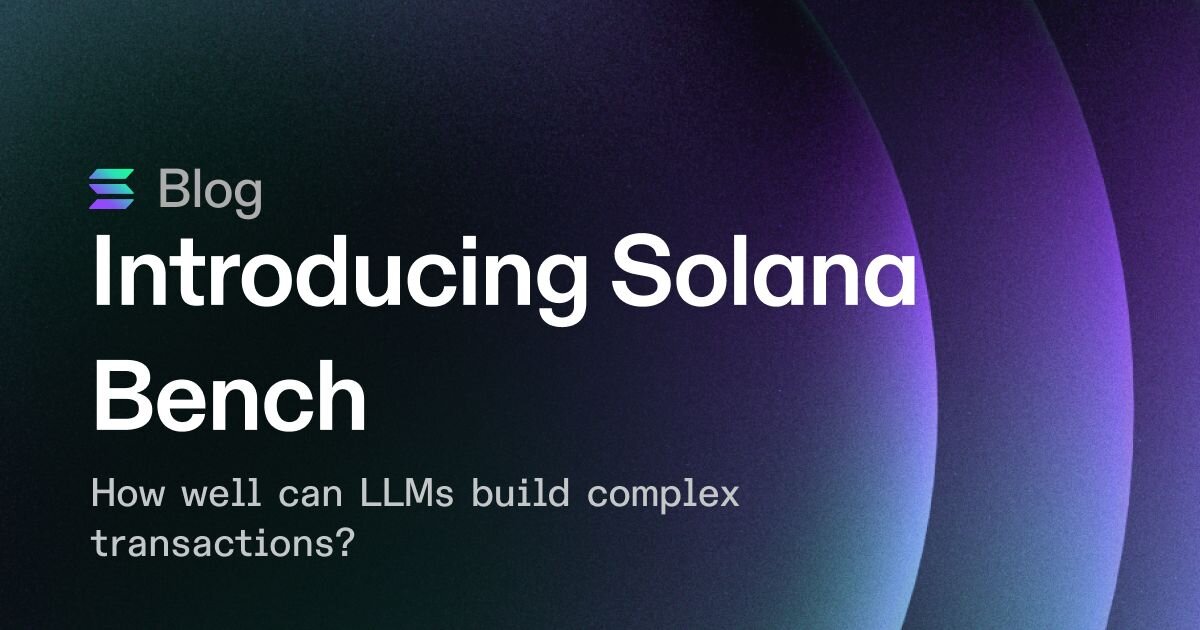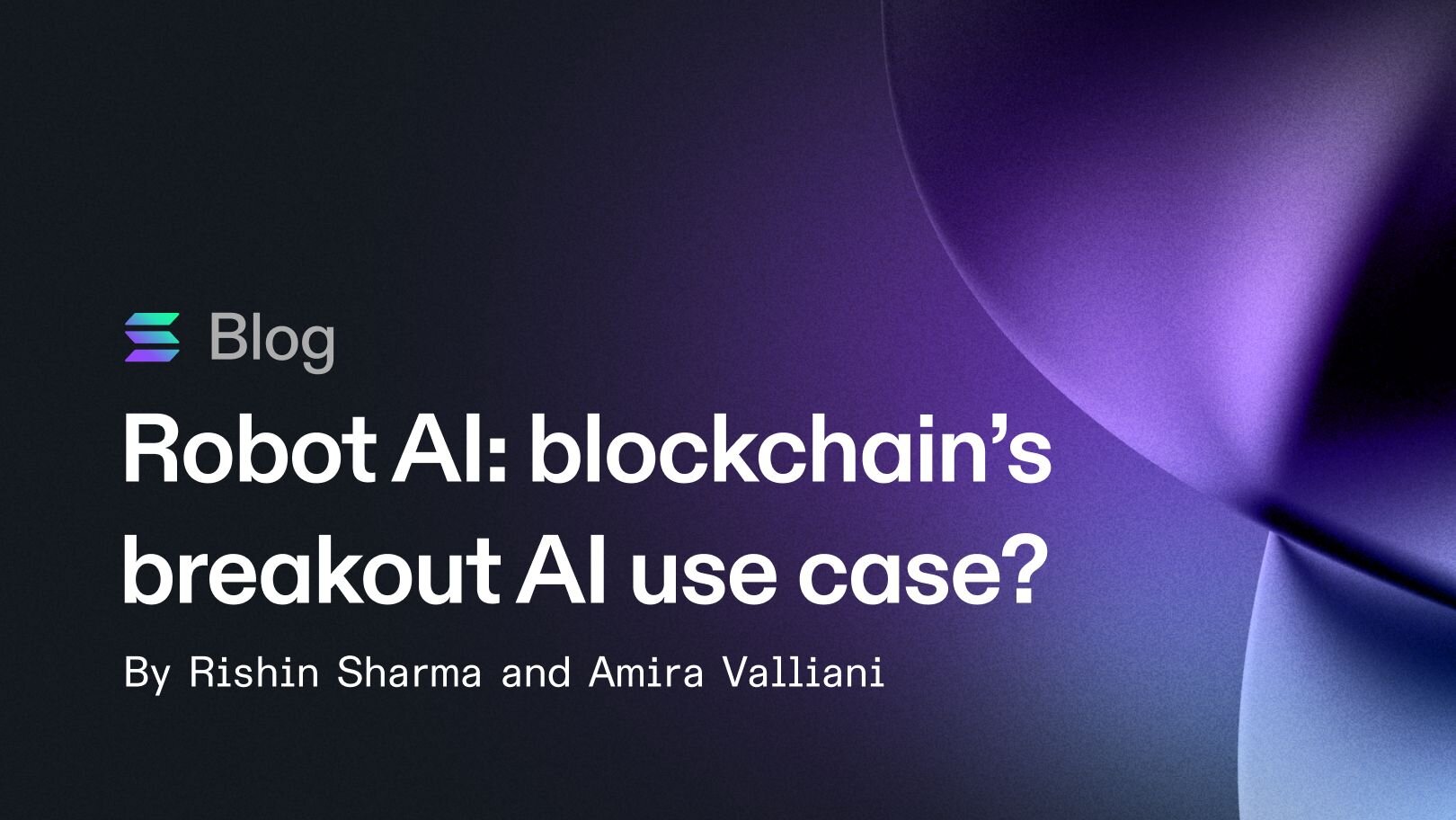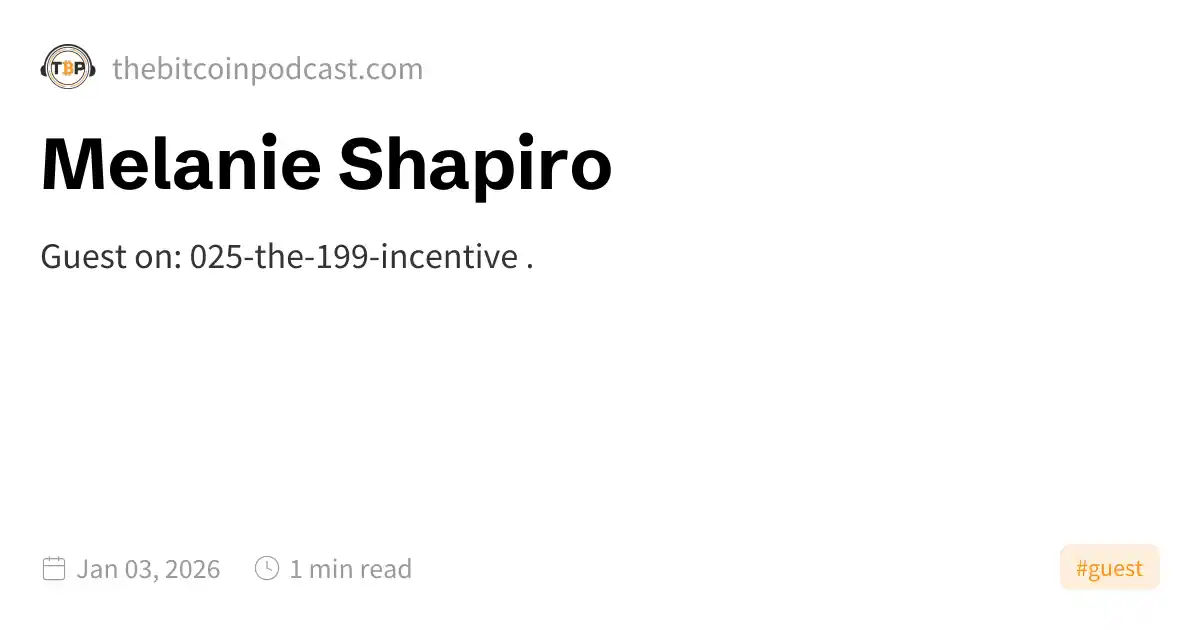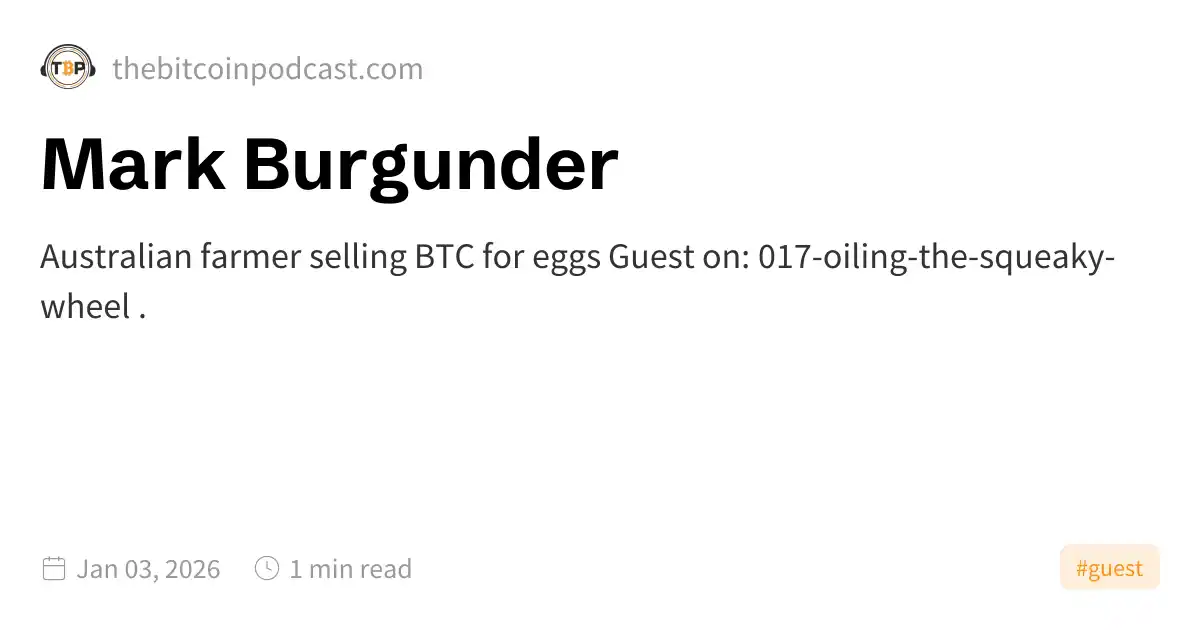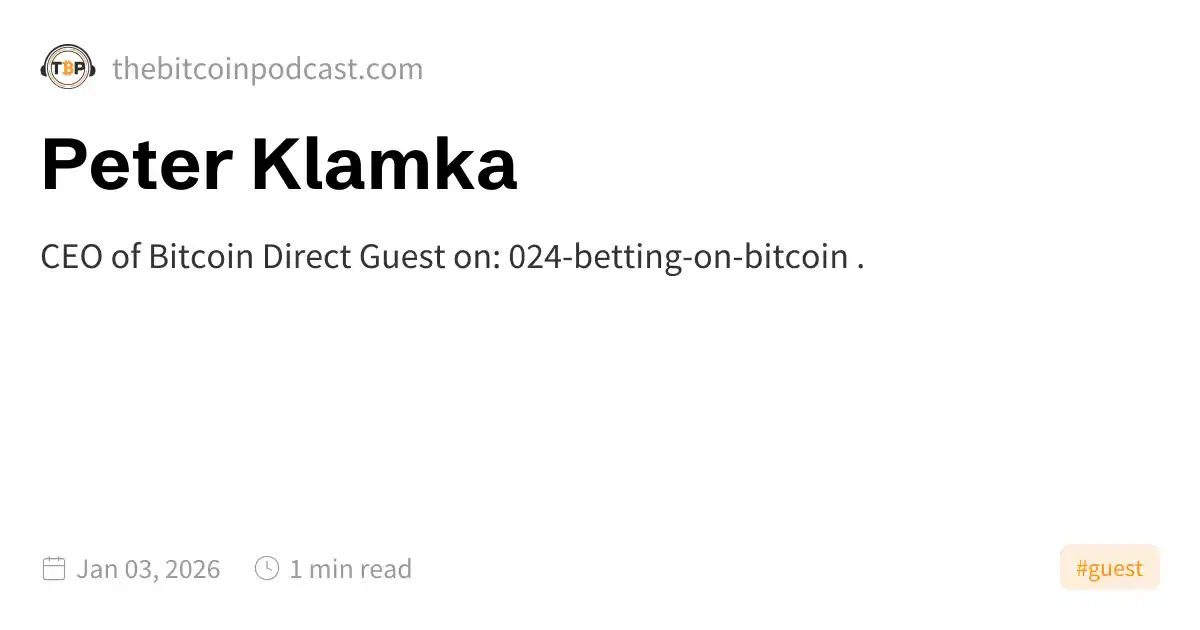Evolving Measures of Validator Health
Updated March 31, 2023
One of the key indicators of validator health is not a single number, but rather how the validator network performs in a crisis. A recent example of this is when server provider Hetzner abruptly blocked Solana validators from using its services in November 2022. Over 1,000 validators and 20% of active stake went offline in a matter of hours. The network remained fully online and performant during this transition. Within a few days, nearly all the affected validators were back online at different data centers. Within a few weeks, almost all of the deactivated stake was back online.
It’s essential to note that Solana mainnet experienced a significant performance degradation on February 25. The validator community successfully restarted the network on February 26, 2023. The root cause remains under investigation and more information will be provided when available.
These events, in addition to significant changes in the market over the past year, have led the Solana Foundation to broaden its evaluation of validator network health. This is elaborated upon below.
Evolutions in Measuring the Health of the Validator Network
The Foundation’s opinion on what constitutes a healthy validator network has evolved over the last six months, shaped by data on validator network health and the crises that the industry faced last fall.
In particular, the Foundation has broadened its efforts on ensuring that the validator network is healthy at the software level. The community of core engineers working on the Solana validator client are working to mitigate the chance that a single line of code in a single software program halts the network. In this vein, the Foundation has focused on supporting a network of core contributing developers from multiple organizations.
Some of the efforts to improve health at the software level over the past year include:
- New Software Clients in Jito and Firedancer: Validators are computers that run the Solana validator client, which is the operating system of the Solana network. A single zero-day or bug in a validator client could bring down an entire network if there’s no "backup" software for the network to run on. An important way to hedge against this risk is for validators to be able to choose between multiple software clients. One of the biggest victories for the ecosystem is Solana becoming a multi-client network. Today, sixteen percent of stake runs through the Jito Labs client. Last August, Jump Crypto announced their plan to build Firedancer, an even more performant validator client for the Solana network.
- Formalization of Core Contributor Policies and Workstreams: Anyone in the world can contribute code to the Solana network. In the past 120 days, 104 core contributors across multiple organizations have committed code to the Solana network Github repo. They come from multiple organizations, including several independent developers. But the process for becoming a core contributor has long been ad-hoc. The Solana Foundation introduced a few new processes to make core contribution more streamlined and accessible, inspired by best practices in open-source networks like Mozilla. These include:
- Core Developer Community Calls: Sharing information between multiple teams working on different Solana software clients can get messy. That’s why the Solana Foundation has begun hosting monthly core contributor calls, open for anyone to join or watch recordings.
- Solana Improvement Documents: Some changes on the network require coordination and buy-in from all the teams working on Solana validator clients. To make this process efficient, the Solana Foundation introduced Solana Improvement Documents (SIMD). SIMD are proposed design documents for how to make changes to the network that require coordination across multiple core development teams. Anyone can submit a SIMD for the core contributor community to review, and then core contributors across teams can come to a consensus on whether and how to adopt the proposal.
- Solana Labs Contributor Access Policy: Solana Labs formalized a contributor access policy, so that it’s clear for outside contributors to know how they can go about contributing to the Solana Labs code base.
Solana Mainnet Beta Launched
Solana mainnet beta launched in March 2020, three years ago. In that time, the ecosystem has matured substantially. Today, the Solana Foundation is focused on increasing node quality in addition to node quantity, supporting an active and independent core developer community, and ensuring there are multiple software clients for validators to choose from.
Total Validator Count
Blockchains with more validators tend to be more resilient. When a user executes on a contract on a blockchain, they need to be confident that their transmission will be recorded. Ideally, each transmission on a blockchain is recorded on every validator on that chain, which is why a higher number of validators is important: The more times that a message is recorded, the more confident a user can be that their message is accurately recorded and won’t be tampered with.
There are two types of validators on the Solana network:
- Consensus nodes: Consensus nodes are central to the functioning of the network by providing two essential functions: (1) creating and proposing new blocks to the rest of the network and (2) voting on the validity of new blocks proposed by other nodes on the network.
- RPC nodes: Remote Procedure Call (RPC) nodes are an application’s gateway to the Solana infrastructure. RPC node operators can offer API, indexing, or other services to provide a convenient interface for users and applications to the core Solana network. These are often commissioned or run by individual applications and are dedicated to that program’s particular task, rather than maintaining consensus on the blockchain. RPC nodes, like consensus nodes, all independently verify all new blocks and changes to the network. They do not vote.
Conclusion
The Solana Foundation strives to be rigorous and intellectually honest as we assess the network’s health and opportunities to make it even more resilient, and we encourage the community to share their thoughts here.
FAQs
Q: Why is a large number of nodes important for the health of the network?
A: A large number of nodes is critical for the health of the network because it ensures that users feel confident that their submission will be recorded, no matter what.
Q: What is the current total number of validators on the Solana mainnet beta network?
A: The Solana mainnet beta network has over 3,400 validators, including over 2,400 consensus nodes.
Q: How does the Solana Foundation ensure the health of the validator network?
A: The Solana Foundation is focused on increasing node quality in addition to node quantity, supporting an active and independent core developer community, and ensuring there are multiple software clients for validators to choose from.



